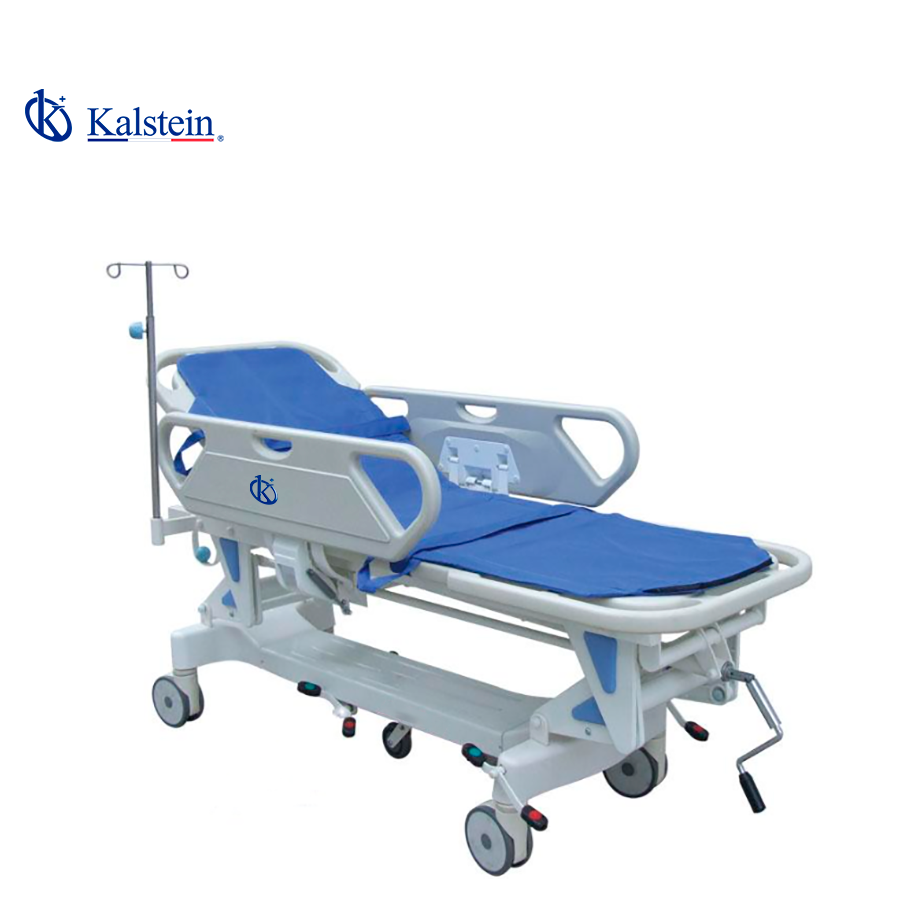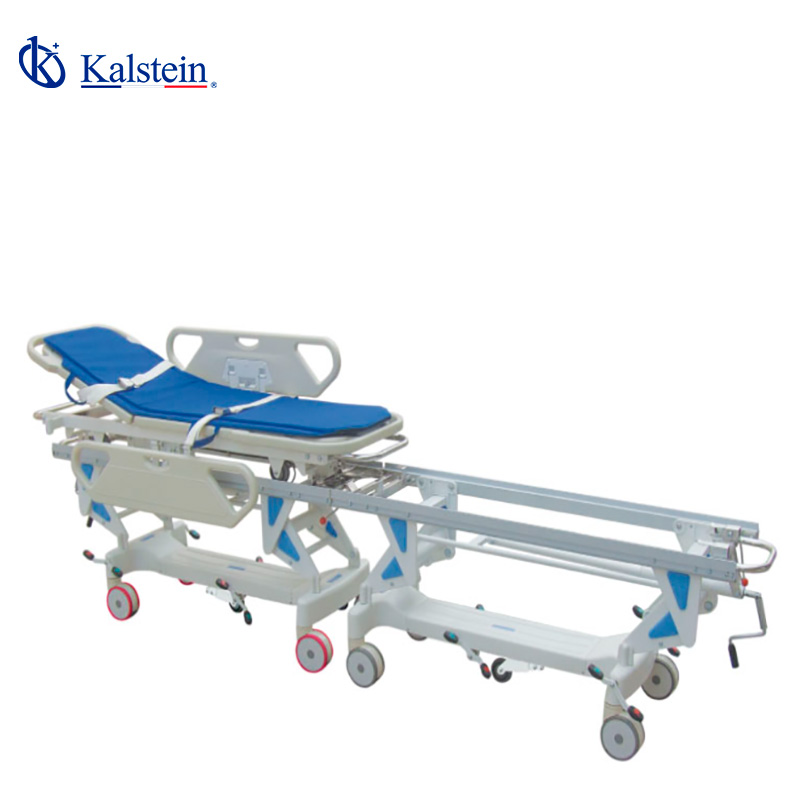The refrigeration needs of some vaccines and other medical substances cost billions, and huge amounts of those substances are rendered useless by temperature fluctuations. Researchers now present a possible solution to the problem: they have developed a hydrogel as a storage medium for protein active substances, which wraps around the substances as a protective cloak and can thus preserve them even without refrigeration. The advantages of this innovation are:
- Lower storage costs
- Increase in vaccine shelf-life
- Reduced logistical requirements for vaccine transfer and use
The concept has the potential to stem losses and supply problems, especially in the vaccine sector, developers say. For its use, it is sufficient to release them with a harmless solvent, and in the appropriate proportion, so the analytical balance allows the measurement of the exact mass of the substances used to obtain the hydrogel and then to convert it into a viable solution to be administered.
Why is it important to store vaccines cold?
Vaccines based on the action of proteins, or dead or harmless viruses have proven effective in protecting people from infectious diseases and in slowing their spread and further development. However, one of the challenges is to get active substances from manufacturers to sometimes remote places of use.
As with other protein substances, such as enzymes, the most problematic aspect is temperature. This is because most of them must be stored continuously at least 10 degrees Celsius to maintain their effectiveness. The associated cooling is associated with huge costs:
- Tens of billions of dollars are expected to be spent on cold chains, and a further significant increase is expected.
- Despite the effort, logistical problems cause huge losses: many protein active ingredients end up in waste.
- Especially in countries with weak infrastructure, cold chains often cannot be maintained without interruption, and active ingredients become unusable.
Polymers keep proteins at bay
The concept they now present is based on immobilizing the bioparticles so that they cannot interact with each other when exposed to heat. In that sense, one must imagine the problem as that of an egg’s protein: at room temperature or in the refrigerator, it retains its viscous protein structure. However, in boiling water or in a pan, it changes completely.
The same is true of a vaccine’s proteins: as soon as they are exposed to certain temperatures, they coalesce. These lumps cannot be reversed, even if the vaccine is cooled again, nor can an egg be uncooked. To avoid crowding, scientists have developed a special formulation of a so-called hydrogel.
The hydrogel consists of a polyethylene glycol (PEG)-based biocompatible polymer that stabilizes the active substances. This is done by forming a kind of container that encapsulates the proteins and keeps them apart. This allows them to withstand significantly higher temperatures without losing their effectiveness: instead of the conventional range of two to eight degrees Celsius, the hydrogel system allows proteins to withstand temperatures up to 65 degrees Celsius, according to the results published in some research.
Wide application potential of hydrogels
The release of the substances encapsulated by the hydrogels at the point of use does not appear to be problematic either, as it is sufficient only to add a harmless glucose solution to the hydrogel. The sugar molecules then react with the components of the PEG network, dissolving it. Researchers have already shown that the system works with different protein substances, including heat-sensitive enzymes and a protein-based vaccine.
It was also shown that the system can thermally stabilize type 5 adenoviruses. These viruses are increasingly important in the development of vaccines as carriers of genetic molecules. Recombinant adenovirus vectors have also been used to fight covid-19. Although clinical trials are still lacking, it appears that the use of hydrogels for vaccine conservation will be a viable solution to the storage problem. For its development and implementation, the use of the analytical balance is necessary because it guarantees the appropriate amount of the polymer to form the hydrogel and then the glucose for its redissolution.
Why use a Kalstein analytical scale in hydrogel development?
The reason for using Kalstein analytical scales is that they are the best. The models YR053501 // YR053502 use a highly accurate electromagnetic sensor for mass measurement. This gives it a high sensitivity for weighing substances of less than 1 mg, and it also has a short stabilization time and a high contrast LCD screen that makes it easier to read weights. HERE
Due to these characteristics, and the accuracy and precision of these equipment, it is possible to use them during the formulation process of hydrogels. For additional technical information, purchase and price of analytical scales, you can consult the link HERE



